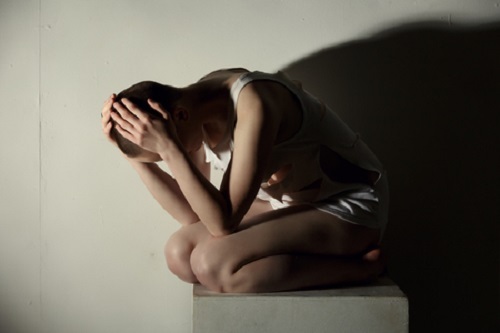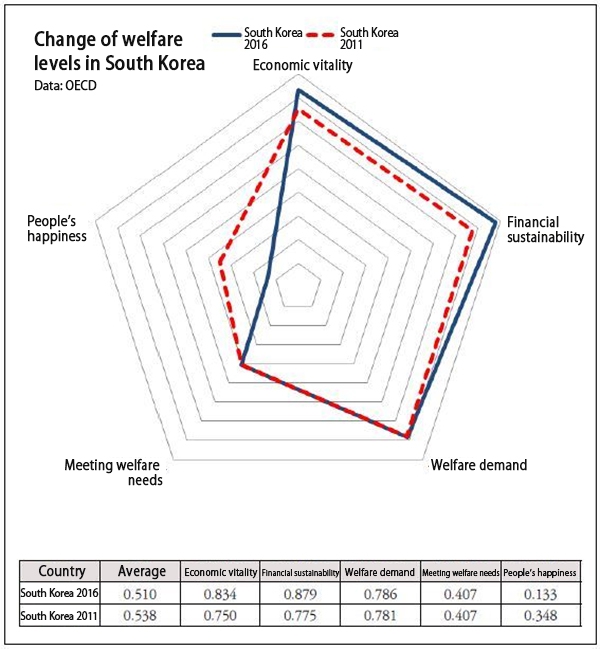South Korea COVID-19 Outbreak Archive (update Mar/17/2020)
PHI column series 1
- January 27, Eight principles to prevent Covid-19 pandemic – What is the role of leadership and governance? (also published in news medias – The Pressian, The Rapportian)
- February 3, ‘Emergency’ ‘Broken’ ‘Prevention Disaster’… Who clings to the framing? – Politics (politicians) and media that impede prevention of epidemic (also published in news medias – The Pressian, The Rapportian)
- Febryuary 10, We are the public health authorities, as well as the ‘suspected infectees’ – What Politicians, Government officials, Media and Civil society should do (also published in news medias – The Pressian, The Rapportian)
- February 17, Discrimination and hatred are spreading like a ‘pandemic’ – Covid-19 not to be the hotbed of discrimination (also published in news medias – The Pressian, The Rapportian)
——— community infection started in a city of Daegu ———
- February 24, Scientific individuals matter – A proposal for people’s common action (also published in news medias – The Pressian, The Rapportian)
- March 2, How to fight the Covid-19 ‘infodemic’ – The second proposal for people’s common aciton (also published in news medias – The Pressian, The Rapportian)
- March 9, All infectious diseases are social – The third proposal for people’s common action (also published in news medias – The Pressian, The Rapportian)
- March 16, “Covid-19, an inquiry into the ‘politics of responsibility’ – prevention with people’s participation to prepare for the after two weeks” (also published in news medias – The Pressian, The Rapportian)
PHI column series 2
- February 6, Medical populism is being on the rise – Who is politicizing the public health crisis? (also published in the news media – The Pressian)
——— community infection started in a city of Daegu ———
- February 27, Are we ready to respond to infectious diseases in the community? – Respond to infectious diseases with the community (also published in the news media – The Pressian)
- March 5, We need a political alliance between the public health authorities and people – To avoid a ‘communication disaster’ under the epidemic (also published in a news media – The Pressian)
- March 12, Why social distancing is ‘a pie in the sky’ – Crisis brought by inequalities in ‘protection of workers’ (also published in a news media – The Pressian)
Other columns or interviews by PHI
- January, Myoung-hee Kim (Deputy Director of PHI), Public health crisis can be overcome together through ensuring human rights, a column for Monthly magazine The Human Rights
- February 3, Myoung-hee Kim (Deputy Director of PHI), Infectious diseases are ‘never-ending story’ in the 21st century, a column for weekly magazine The SisaIN
- February 13, Chang-yup Kim (Coordinator of PHM Korea, Director of PHI, Professor at the Seoul National University Graduate School of Public Health) Extreme prevention measures like full closure always have side effects, an interview with a newspaper The Hankookilbo
- February 18, Chang-yup Kim (Coordinator of PHM Korea, Director of PHI, Professor at the Seoul National University Graduate School of Public Health) Three reasons why the comparisons between responses to Covid-19, mad cow disease and MERS are wrong, an interview with a newspaper The Hankyoreh
——— community infection started in a city of Daegu ———
- March 6, Myoung-hee Kim (Deputy Director of PHI), Absence of Public healthcare system revealed by Covid-19, a column for weekly magazine The SisaIN
- March 7, Chang-yup Kim (Coordinator of PHM Korea, Director of PHI, Professor at the Seoul National University Graduate School of Public Health) Insist Public healthcare system instead of Neoliberal individualism to cope with Covid-19 Outbreak, a column for a Newspaper The Hankyoreh
- March 16, Myoung-hee Kim (Deputy Director of PHI), Covid-19, it’s best to go thin and long, a special interview series for weekly magazine The SisaIN




